Microsoft unveils more browser ballot details
Microsoft has said it's 'not easy to accept' advertising competitors' browsers inside its own system.
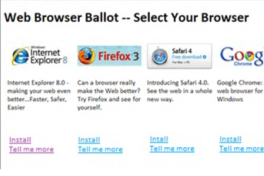

Microsoft has unveiled more details of its browser ballot screen, designed to offer users a choice of browsers to keep EU competition regulators at bay.
The new plan will present Microsoft users with a screen offering them the choice to download and set as default any of the major browser choices. The ballot plan has had a warm reception from the European Commission, leading Microsoft to ditch previous plans to ship a special version of Windows 7 without Internet Explorer.
Dave Heine, vice president and deputy general counsel, explained in a blog post that the ballot idea will only affect PCs in Europe that have IE installed as the default browser. Technically, manufacturers could install any browser they choose, but most stick with IE.
Once a customer has brought their shiny new PC home, installed Windows and connected to the internet, Microsoft will automatically update the system, prompting it to run the ballot software program. It will also be rolled out to older computers running Vista or XP via the update system.
"If IE is the default browser, the user will be presented with a list of other leading browsers and invited to select one or more for installation," said Heiner, adding that the page will direct users online to download their choice of browser, let them set it as default, and turn off access to IE.
"Technically, this consumer ballot screen will be presented as a web page that can be updated over time as new browsers become available," said Heiner. In other words, IE will be used to let users download another browser.
"The ballot screen would make it obvious to Windows users that they have a variety of choices when it comes to web browsing software," he said.
Get the ITPro daily newsletter
Sign up today and you will receive a free copy of our Future Focus 2025 report - the leading guidance on AI, cybersecurity and other IT challenges as per 700+ senior executives
Heiner said the screen will lead some users to switch away from IE, but claimed the opposite won't happen. "It is unlikely to lead to any users switching to IE, since the screen will not be presented to Windows users whose default is Firefox, Safari, Chrome, Opera or any other browser," he said.
Unsurprisingly, Microsoft isn't too keen on the idea, Heiner admitted. "As you might imagine, it was not easy for Microsoft to accept the idea that we would essentially promote directly competing software from within our flagship product, Windows," he said.
That said, Microsoft thinks it's a better option than removing IE from new versions of Windows, a route the firm has just decided not to take.
Heiner said: "Still, we believe that this approach is better for all concerned, including computer manufacturers and browser vendors and most of all consumers than an approach focused on removing Internet Explorer from Windows."
Freelance journalist Nicole Kobie first started writing for ITPro in 2007, with bylines in New Scientist, Wired, PC Pro and many more.
Nicole the author of a book about the history of technology, The Long History of the Future.
-
 Should AI PCs be part of your next hardware refresh?
Should AI PCs be part of your next hardware refresh?AI PCs are fast becoming a business staple and a surefire way to future-proof your business
By Bobby Hellard Published
-
 Westcon-Comstor and Vectra AI launch brace of new channel initiatives
Westcon-Comstor and Vectra AI launch brace of new channel initiativesNews Westcon-Comstor and Vectra AI have announced the launch of two new channel growth initiatives focused on the managed security service provider (MSSP) space and AWS Marketplace.
By Daniel Todd Published
-
 Microsoft angers admins as April Patch Tuesday delivers password feature without migration guidance
Microsoft angers admins as April Patch Tuesday delivers password feature without migration guidanceNews Security fixes include a zero day exploited by a ransomware group and seven critical flaws
By Connor Jones Published
-
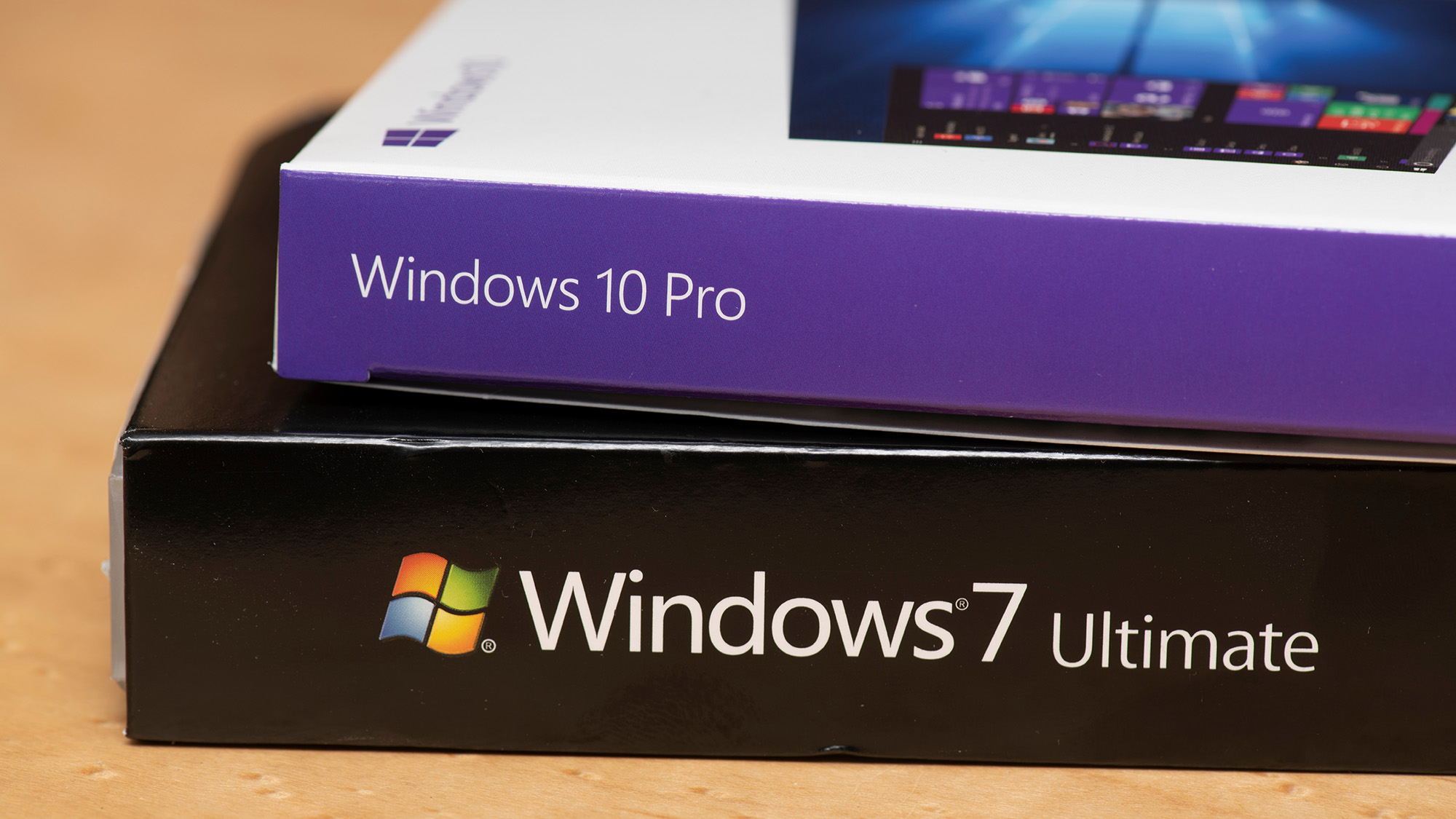 Managing a late migration
Managing a late migrationOpinion When it comes to moving from Windows 7 to Windows 10, it's better late than never
By Jon Honeyball Published
-
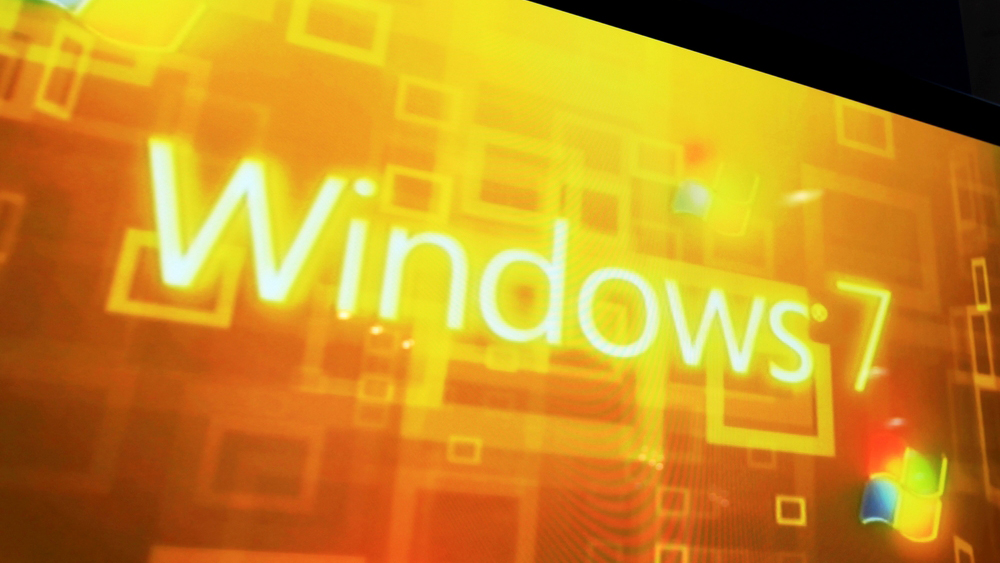 How to set up a Windows 7 emulator for Windows 10
How to set up a Windows 7 emulator for Windows 10Tutorials A complete guide for setting up a Windows 7 emulator for Windows 10 so you don’t lose access to your apps
By Nik Rawlinson Last updated
-
 The autopsy of Windows 7
The autopsy of Windows 7In-depth Report of a postmortem examination
By Chris Merriman Published
-
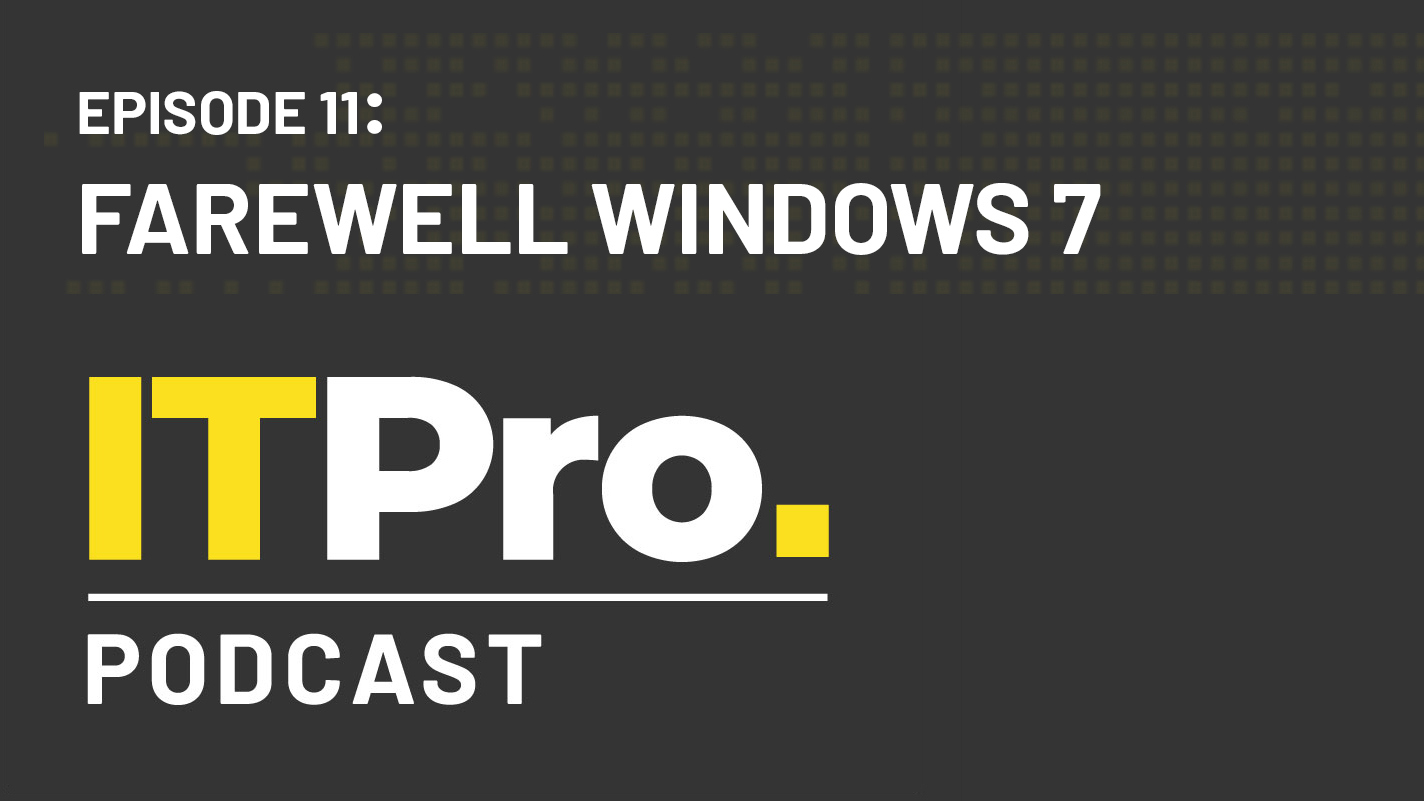 The IT Pro Podcast: Farewell Windows 7
The IT Pro Podcast: Farewell Windows 7IT Pro Podcast We reflect on the legacy of one of Microsoft's most enduringly popular operating systems
By IT Pro Published
-
 Windows 7 ends: what do you do next?
Windows 7 ends: what do you do next?In-depth From SMBs to big business and individuals, after 10 years it's time to move on from Windows 7
By Jon Honeyball Published
-
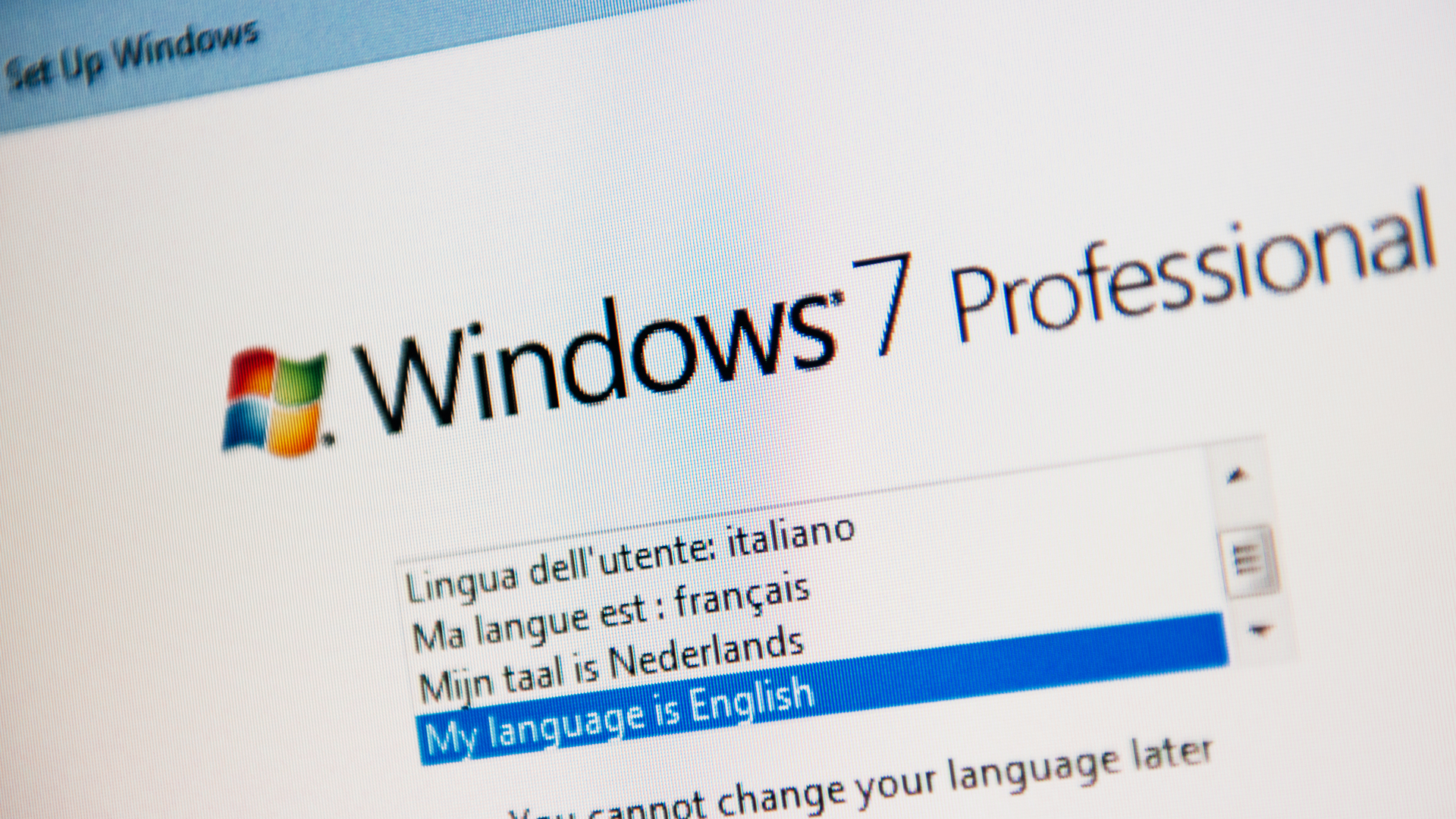 Windows 7 end of life: What to do if you haven't upgraded yet
Windows 7 end of life: What to do if you haven't upgraded yetIn-depth Microsoft has now officially moved Windows 7 to end of life, meaning it's no longer a viable business platform
By Dale Walker Last updated
-
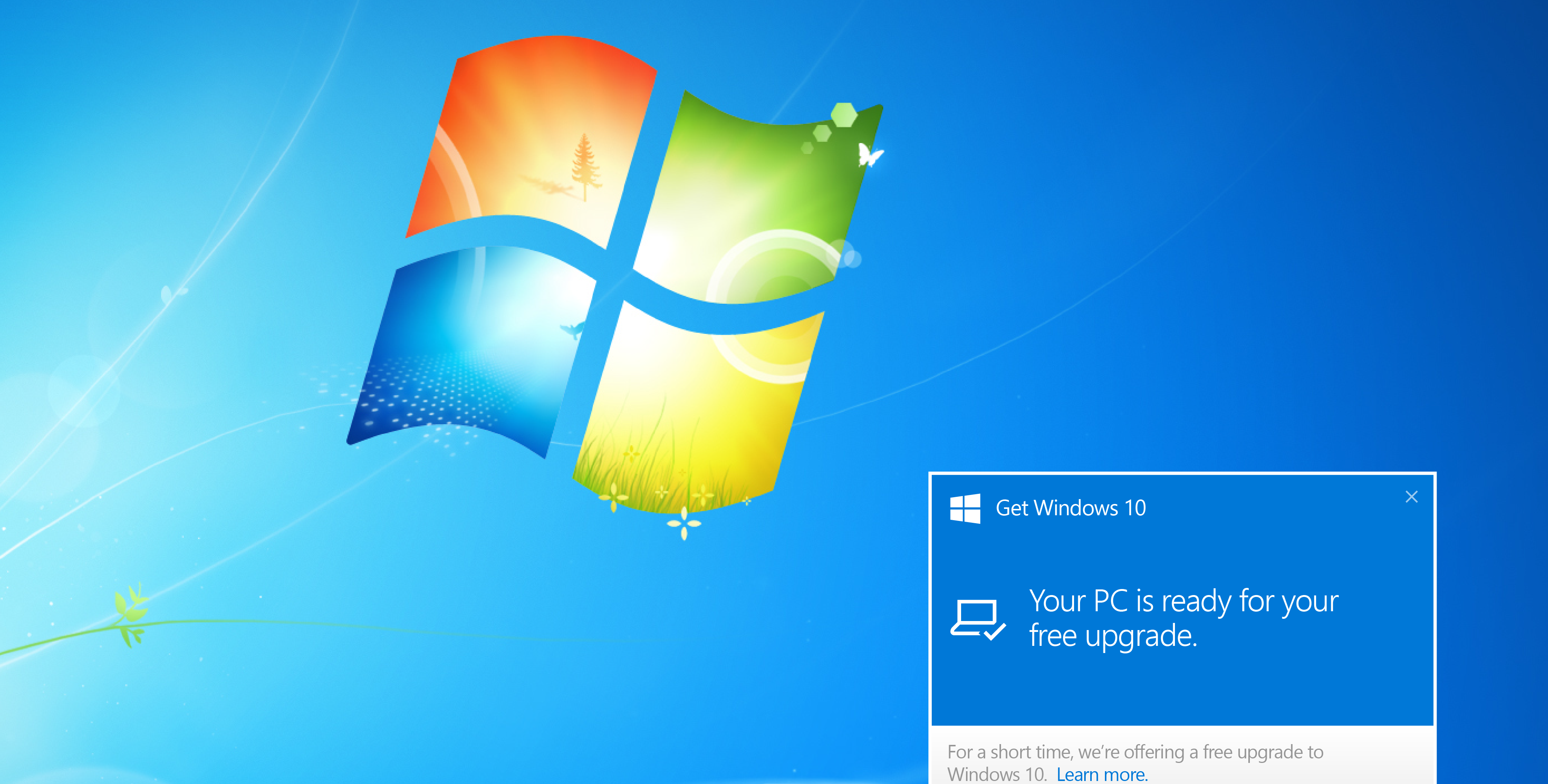 Windows 10 vs Windows 8.1 vs Windows 7 - Microsoft OS head-to-head
Windows 10 vs Windows 8.1 vs Windows 7 - Microsoft OS head-to-headVs We pit Microsoft's most popular operating systems against each other to see which is the greatest of all time
By Mike Passingham Last updated